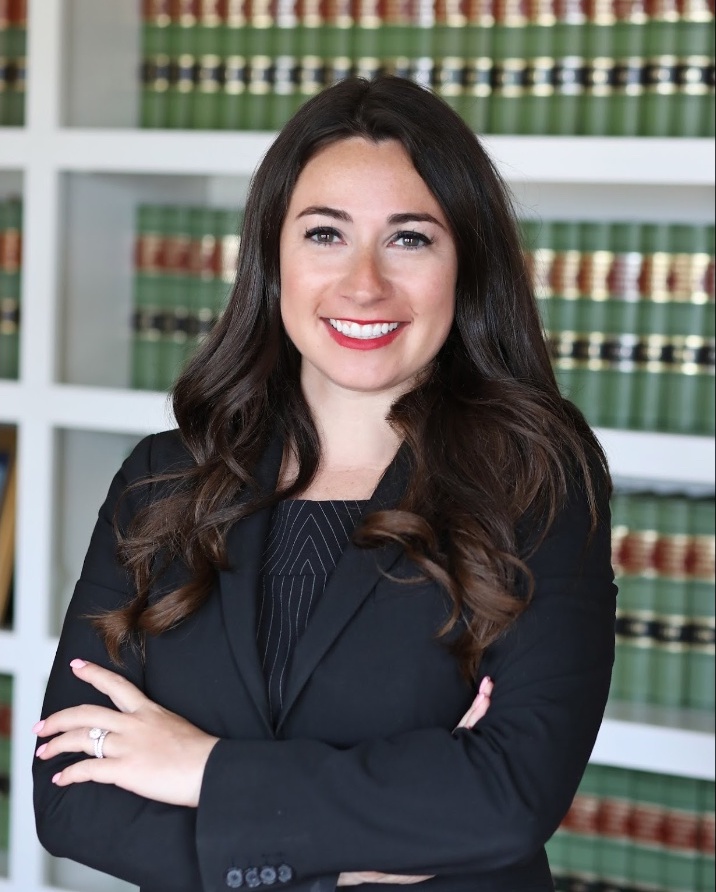
By: Victoria Paone Rosa, Esq.*
It goes without saying that parents with children have a financial responsibility to support their children until they are emancipated. If parents who are separating or divorcing cannot agree on their respective child support obligations, then the court makes that determination pursuant to the New Jersey Child Support Guidelines (NJCSG) for families who earn a combined income of $187,000.00 net per year or less. The NJCSG is essentially a sophisticated computer program that determines child support based on statistical information about child rearing expenses, coupled with the income of the parties and the custody/parenting time arrangement.
Determining the income of the parties to be utilized in the NJCSG can sometimes become a hotly contested issue. Especially when one party earns or has the potential to earn overtime pay, the question arises as to what amount of income should be utilized for NJCSG purposes. When calculating child support, should a party’s income include all available overtime rather than the overtime actually worked? Should the court determine that a party is underemployed and impute income if a party does not work all available overtime? In a recently published decision, Ferrer v. Colon, the trial court addressed these questions and ultimately determined that a party’s income should be calculated based on the average of past earnings from overtime, not based on the total available overtime or the amount of overtime actually worked in one year.
The trial court specifically determined that overtime pay is “sporadic income,” which is fluctuating income that may be offered, but is not guaranteed to an employee. Other sporadic income may include bonuses, commissions and seasonal work. When sporadic income is included in the NJCSG, it is averaged over a period of time not to exceed three years. The trial court explained that averaging overtime pay is fair because it considers that a party may work multiple overtime hours in one year and not at all in a different year. In addition, the trial court held that it would consider including all available overtime pay in the NJCSG only when a party has consistently worked the maximum overtime hours provided by an employer. In Ferrer v. Colon, the trial court held that there was no evidence that the party whose income was in question worked all available overtime provided by the employer and, therefore, it was not appropriate to include the total available overtime in the NJCSG.
Calculating child support based on available overtime pay instead of averaging the overtime pay actually earned might also work to punish a party for having employment where overtime pay is available. It would appear unfair to require one party to work harder than the other party who does not have the opportunity to work overtime, especially if there was no history of this practice during the marriage. Pursuant to Ferrer v. Colon, when calculating child support, a party’s income shall include the average of past earnings from overtime.
If you are a parent who is paying or receiving child support, you should contact an experienced family law practitioner who can advise you as to what financial information should be included in the NJSCG for purposes of calculating the appropriate amount of child support.
* (Editor’s note: Victoria Paone Rosa, Esq. is an associate at the Law Offices of Paone, Zaleski & Murphy working out of the firm’s Red Bank office, located at 120 Maple Avenue. Victoria’s professional history includes clerking in Monmouth County for the Honorable Mara E. Zazzali-Hogan for both the Family Part, Chancery Division and Civil Division for 2016-2017. She is currently a member of the New Jersey State Bar, Middlesex Bar Association, Monmouth Bar Association, Monmouth County Legal Aid Society and Aldona E. Appleton Family Law Inn of Court. Victoria limits her practice to divorce, child support, child custody, equitable distribution, alimony, domestic violence, alimony, palimony and all other family law issues. Ms. Paone was selected by the Middlesex County Bar Association to receive the 2020 Young Lawyer of the Year Award. Her monthly column, “Divorce Hotline,” will serve to inform readers as to family law news, advice as to the divorce process, comment on recently published family law cases and more. Paone, Zaleski & Murphy can be contacted at 732-750-9797.)

